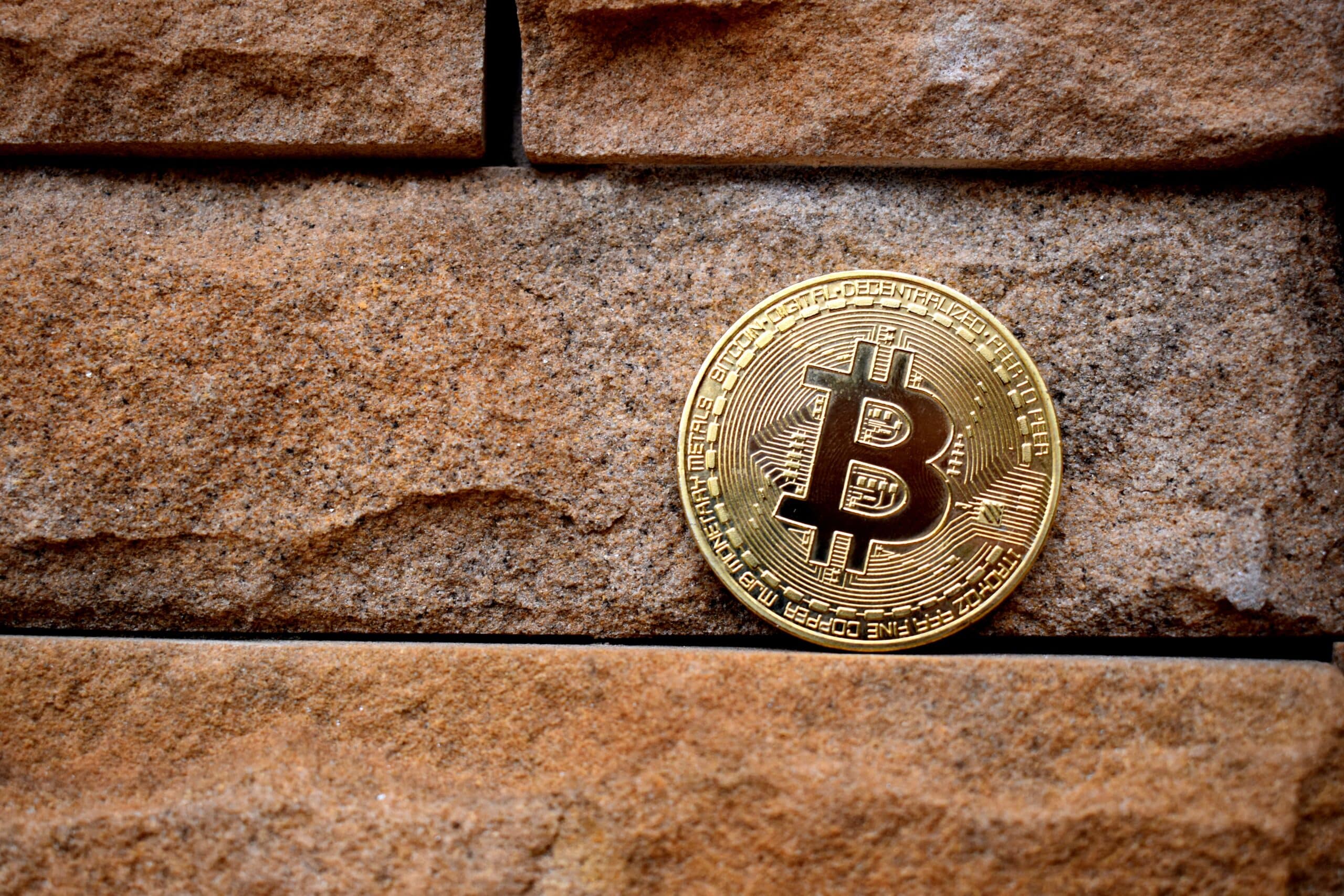Bitcoin Ordinals launchpad Luminex has introduced a new BRC-69 standard, which it describes as “revolutionary” for creating Recursive Ordinals.
🟨 (1/7) GM! Today, we're excited to introduce BRC69, a revolutionary standard for creating Recursive #Ordinals collections with ease. This standard will be instrumental in launching Recursive collections on Bitcoin.
More details here: https://t.co/zaID07tnD5
— Luminex (@luminexio) July 3, 2023
Recursive Ordinals builds upon the concept of Bitcoin Ordinals, which enabled users to inscribe files fully on the Bitcoin blockchain. In its current form, however, the Ordinals protocol has the capacity to store 4 MB of data on the network.
Recursive inscriptions extract data from existing inscriptions and utilize it within new ones, making it possible for Ordinals to exist through an integrated series of call functions, outside the confines of its existing storage limit.
“The most complex pieces of software are just a bunch of code compiled together after all. Now it becomes possible to put a complex 3D video game fully on-chain on Bitcoin,” explained popular Ordinals collector Leonidas on Twitter.
“Bitcoin is essentially getting an internal internet where every file can request data from the other files on Bitcoin.”
Luminex claims that its proposed standard for creating these Recursive inscriptions will achieve 90% optimization of block space. Not only will this lead to a cleaner image, but the BRC-69 standard will also allow for collections to be launched with an entirely on-chain pre-reveal process.
The BRC-69 standard works in a four-stage process of inscribing traits, deploying the collection, compiling it, and finally, minting assets.
The new standard will undoubtedly be a welcome development for blockchain users, particularly those that have criticized the Ordinals protocol for congesting the Bitcoin network on a number of occasions.



